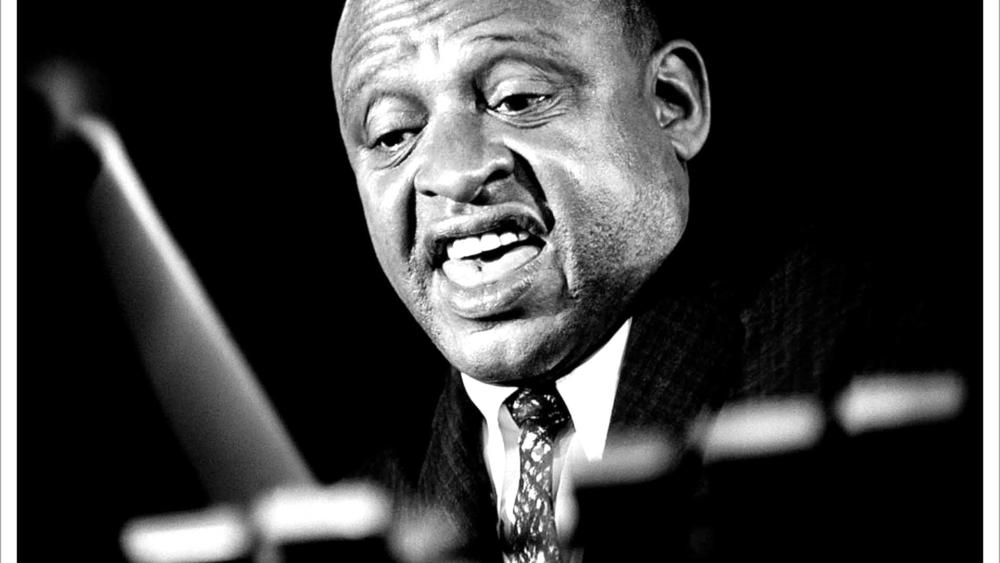Lionel Hampton’s YOU BETTER KNOW IT was one of the essentials of my early jazz education. I checked it out of the Worcester Public Library constantly, and it remains my favorite album by the vibes master and jazz giant. The album includes three tunes that were earlier highlights from the numerous small group sessions that Hamp led in the thirties while he was starring with Benny Goodman.
“Sweethearts on Parade,” which Louis Armstrong had transformed into a jazz vehicle in 1930, featured a tour de force performance by tenor saxophonist Chu Berry with Hamp in 1939. Berry’s approach is masterful and novel as he solos from start to finish. Note the apt description, (A Rolling Rhythm), on the label of this take on Carmen Lombardo’s parade.
Hamp’s 1938 recording of Duke Ellington’s “Ring Dem Bells” featured the Ellingtonians Johnny Hodges and Cootie Williams. A year earlier, Hodges had played on a classic version of “On the Sunny Side of the Street” with the vibraphonist; the Fields and McHugh Depression-era song remained a Hodges feature with Ellington for the rest of his career. “Ring Dem Bells” stayed in Hamp’s book, the title a natural allusion to his melodious, bell-like clarity.
The Benny Goodman Trio with Teddy Wilson and Gene Krupa formed in 1935, and the following year Hamp made it a quartet. The combo was the first to feature black and white musicians working together in a high profile setting. Hamp’s early showcase with BG was “Vibraphone Blues.” His nicknames include Boss of the Backbeat, and here’s a great example of him locking in with Milt Hinton and Osie Johnson. The frontline here includes Clark Terry and Ben Webster, jazz masters who could tell short stories on the blues in two-bar obbligatos and 12-bar solos. And Hamp was AOK as a singer, especially on lines like, “If the blues was whiskey, I would stay drunk all the time.”
Today is Hamp’s 108th birthday anniversary, and you better know we’ll hear him in tonight’s Jazz à la Mode.
